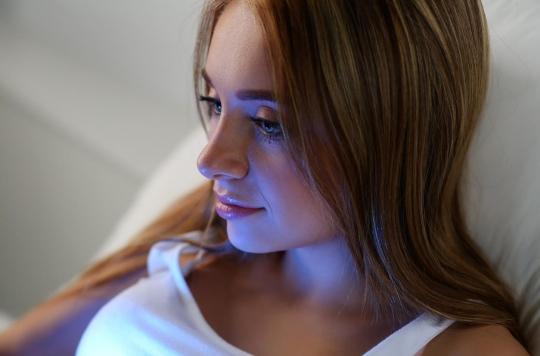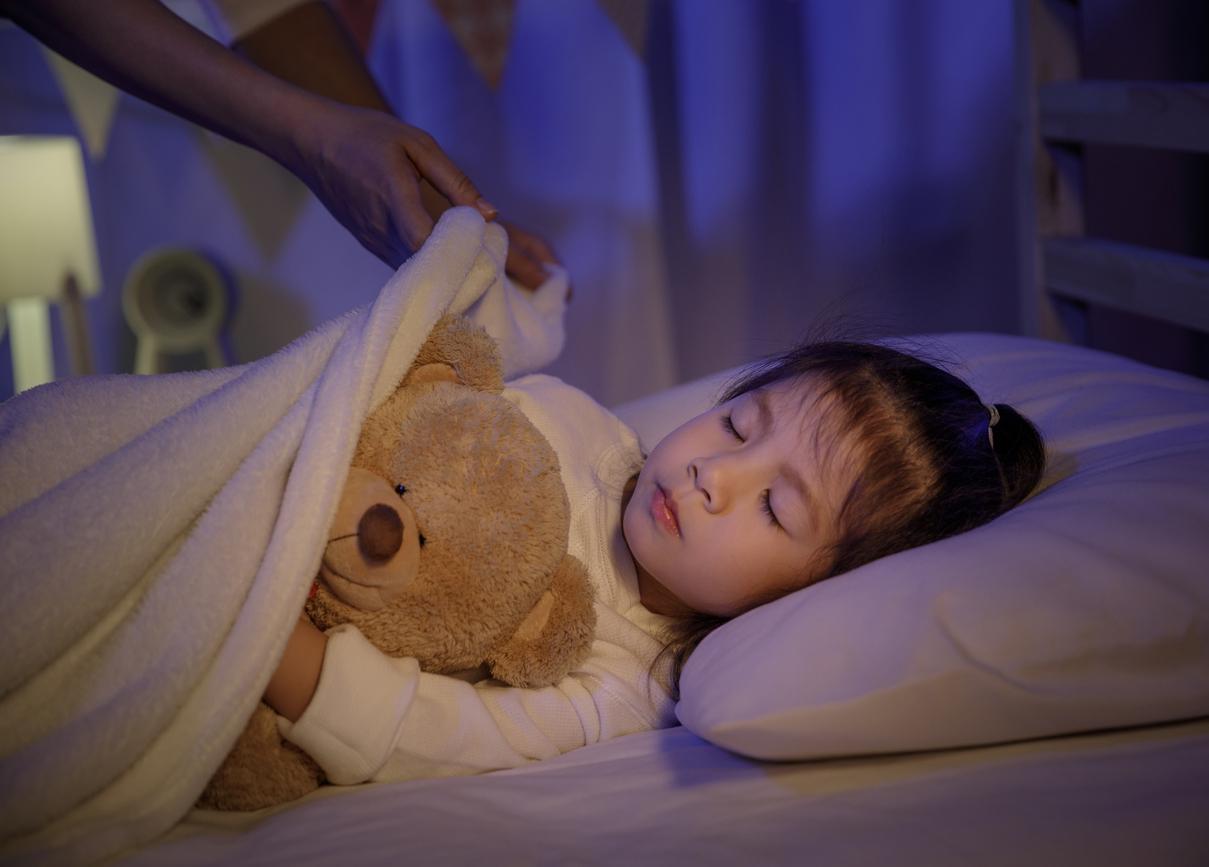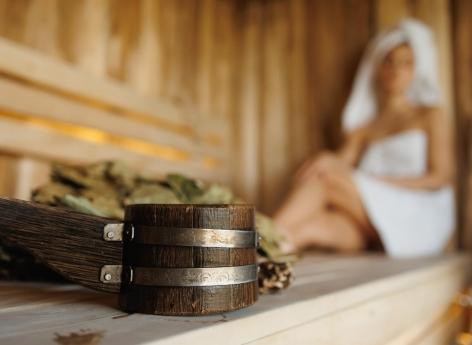By inhibiting the production of melatonin, early morning exposure to blue light would lead to more regular and better quality sleep, especially for people with mild brain trauma.

Numerous studies have shown that prolonged exposure to blue light from screens in the evening disrupts the circadian rhythm and therefore has a negative influence on the quality of sleep.
Published in the journal Neurobiology of Diseasenew work carried out by the University of Arizona (United States) reverses these conclusions and suggests that, unlike nocturnal exposure, early morning exposure to blue light would make it possible to sleep better.
“Daily exposure to blue light each morning helps reintroduce the circadian rhythm so people get better, more regular sleep,” says William Scott Killgore, professor of psychiatry at Tucson School of Medicine and lead author of the study. ‘study.
He and his team found that morning exposure to blue light was particularly effective for people recovering from mild traumatic brain injury (MCT). “This improvement in sleep resulted in improved cognitive functions, a reduction in daytime sleepiness and real brain repair,” explains the researcher.
Suppression of melatonin production
In people with these mild traumatic brain injuries, damage to the soft tissues of the brain can lead to headaches, problems concentrating, and even mental confusion, which can persist for months after their injury. “About 50% of people with these conditions also complain of sleep disturbances after an injury,” says Professor Killgore.
To determine whether better sleep contributed to faster recovery, researchers shone 30 minutes of bright blue light early every morning for 6 weeks on victims of mild head trauma. Control groups were exposed to bright amber light.
They then found that participants subjected to blue light enjoyed more restful sleep. “Blue light suppresses the brain’s production of a chemical called melatonin. You don’t want melatonin in the morning because it makes you sleepy and primes the brain for sleep. When you’re exposed to blue light in the morning, it shifts your brain’s biological clock so that at night your melatonin kicks in earlier and helps you fall asleep and stay asleep.”
Thanks to the blue light treatment, the participants fell asleep and woke up an hour earlier on average than before the trial. They were also less sleepy during the day, more efficient and more focused.
What call into question the previous studies on blue light? Not at all, insists Professor Killgore: “When it comes to light, timing is crucial. Light is not necessarily good or bad in itself. Like caffeine, it all comes down to when you use it. It can be terrible for your sleep if you drink coffee at 10 p.m., but it can be good for your alertness if you drink it in the morning.”
The researcher now plans to continue his research to see how blue light improves sleep quality and how light therapy could affect emotional and psychiatric disorders.

.
















